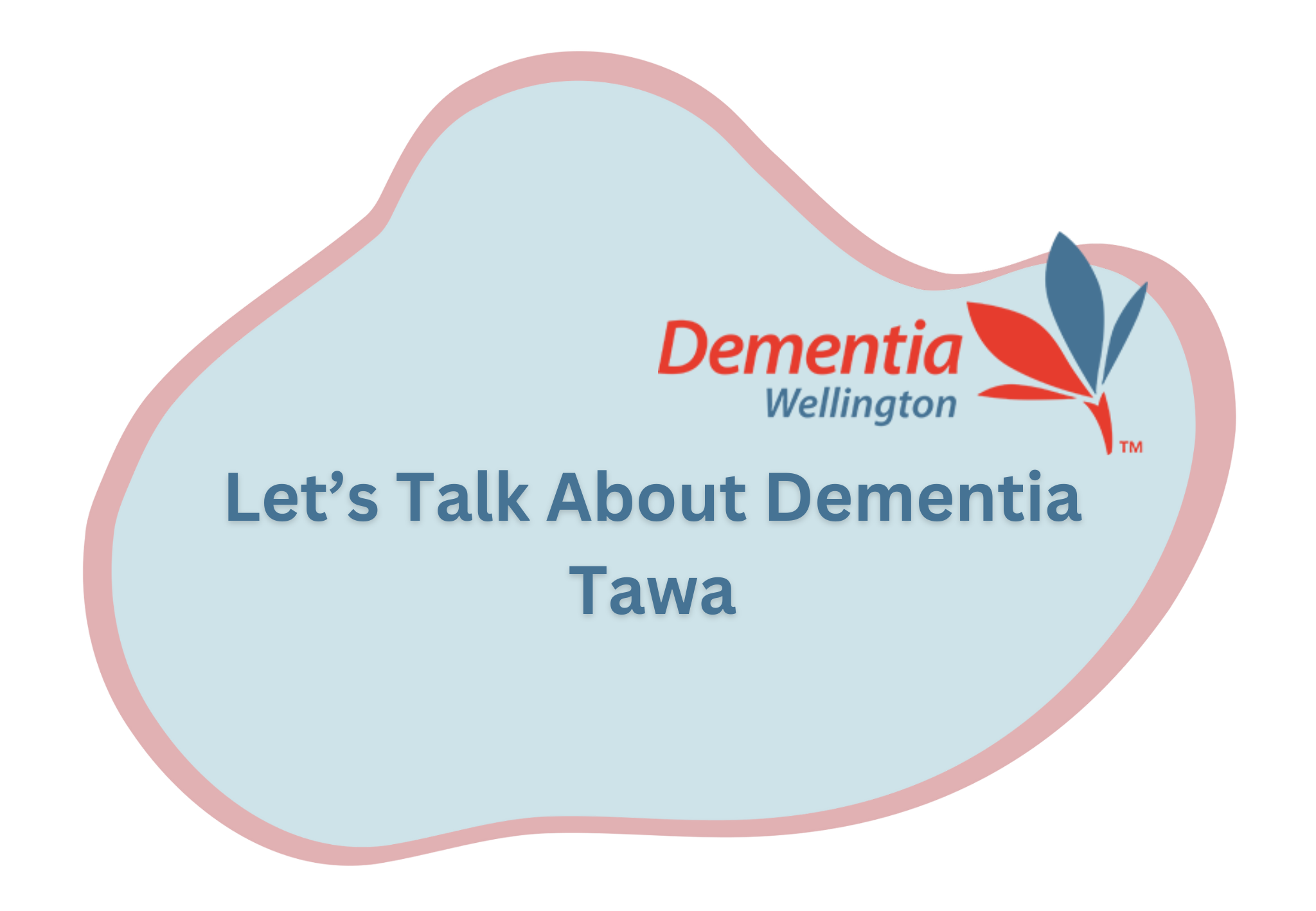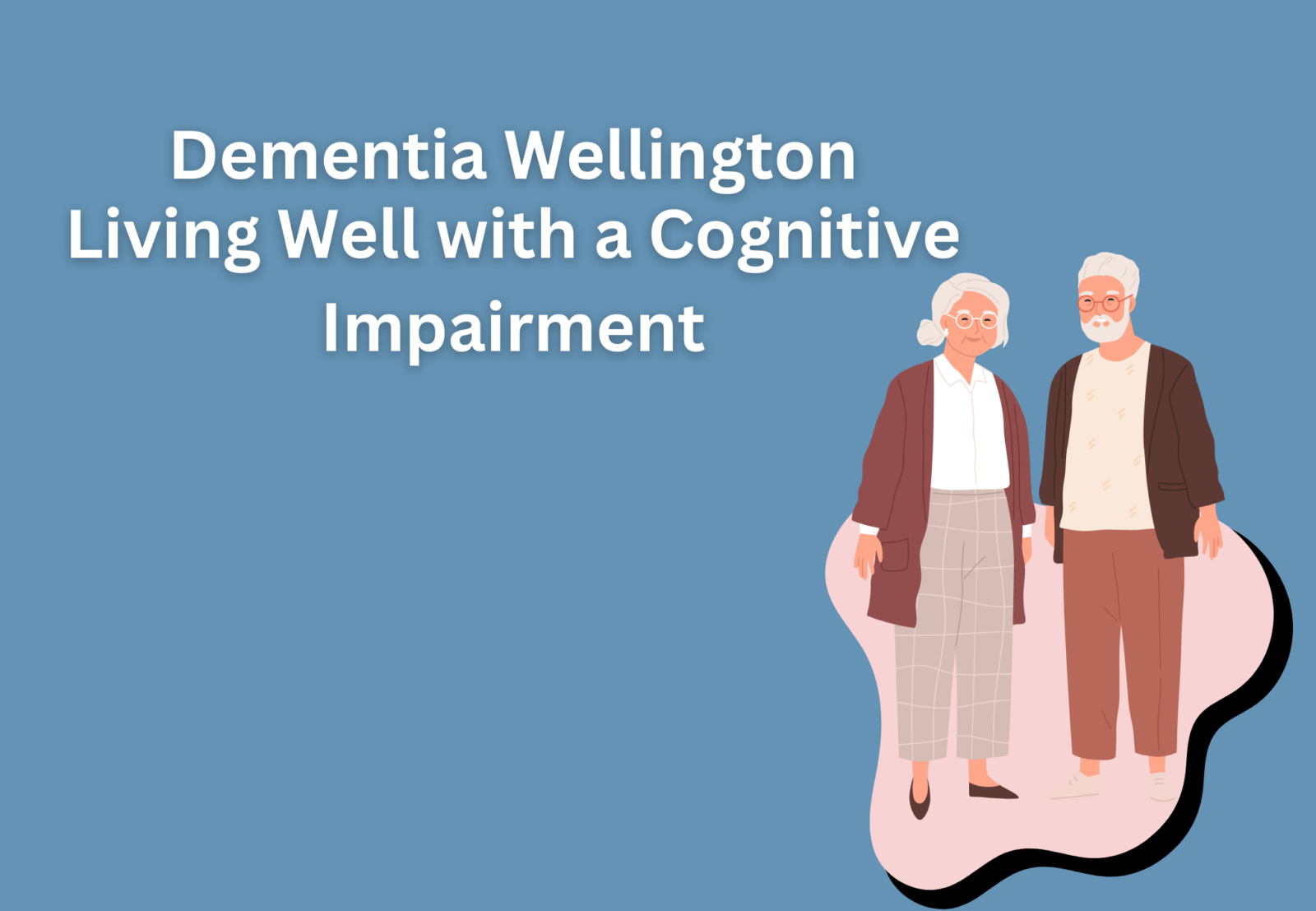Fronto-temporal Dementia
Fronto-temporal dementia is the name given to dementia when there is degeneration in one or both of the frontal or temporal lobes of the brain. Including ‘Pick’s disease’, it is a relatively rare type of dementia usually affecting people under the age of 65.
Frontal Lobes: the right and left frontal lobes govern mood, behaviour, judgement and self-control. Damage leads to alterations in personality and behaviour, changes in the way a person feels and expresses emotion and loss of judgement.
Temporal Lobes: the right and left temporal lobes are involved in the organisation of sensory input such as what you hear or see. Damage may lead to difficulty placing words or pictures into categories. There is considerable difference in FTLD symptoms depending on which parts of the frontal and temporal lobes are affected.
People with fronto-temporal dementia may:
- Lack insight, lose the ability to empathise with others and appear selfish and unfeeling
- Become extroverted when previously introverted or withdrawn when previously outgoing
- Behave inappropriately – make tactless comments, joke at the wrong moment or act rudely
- Have a loss of inhibitions – exhibit sexual behaviour in public
- Become aggressive
- Be easily distracted
- Develop routines – compulsive rituals
- Overeat and/or develop a liking for sweet food
- Have difficulty finding the right words
- Lack the ability to have spontaneous conversation
- Use many words with little content
- Experience a reduction in, or lack of, speech.
In the later stage of the disease, those affected may no longer recognise friends and family and may need nursing care. Fronto-temporal dementia is commonly misdiagnosed as Alzheimer’s disease but a specialist may be able to make a diagnosis of fronto-temporal dementia by questioning the person affected and by taking a detailed history of their symptoms. Brain imaging scans may be also used to determine the extent of damage to the brain.
Frequently Asked Questions
What causes Fronto-temporal dementia?
It is unknown as to why these changes occur in the brain.
Can there be an overlap between Frontotemporal dementia and other movement disorders?
Perhaps 40% of all people with Frontotemporal dementia develop mild motor neuron symptoms such as weakness, stiffness, difficulties with speech and swallowing and changes in emotional expression. About 20% get Parkinson’s-like symptoms. Others experience eye movement problems, instability standing and falls.








